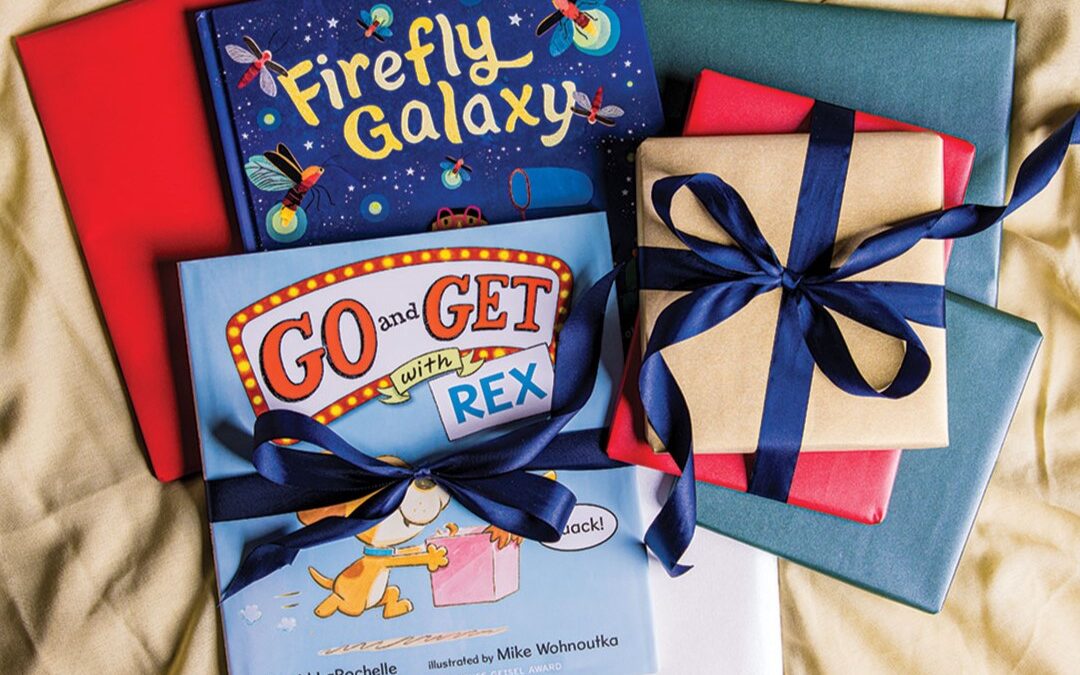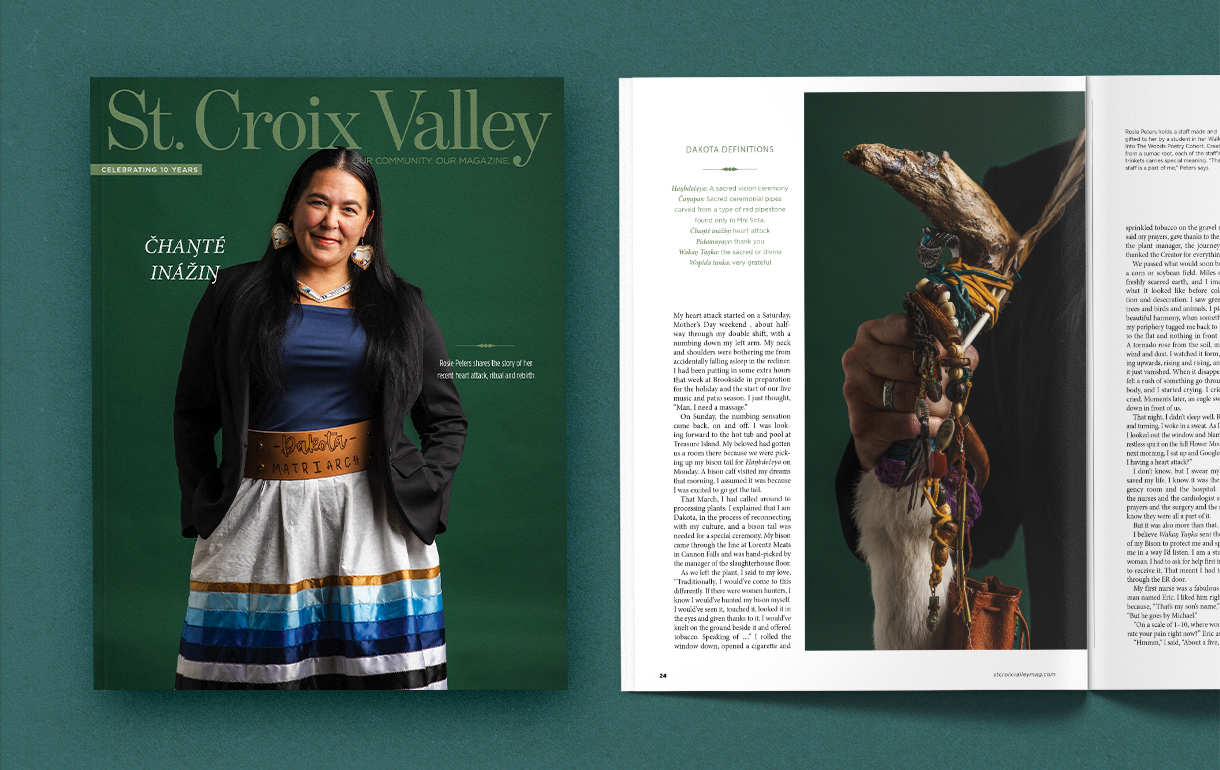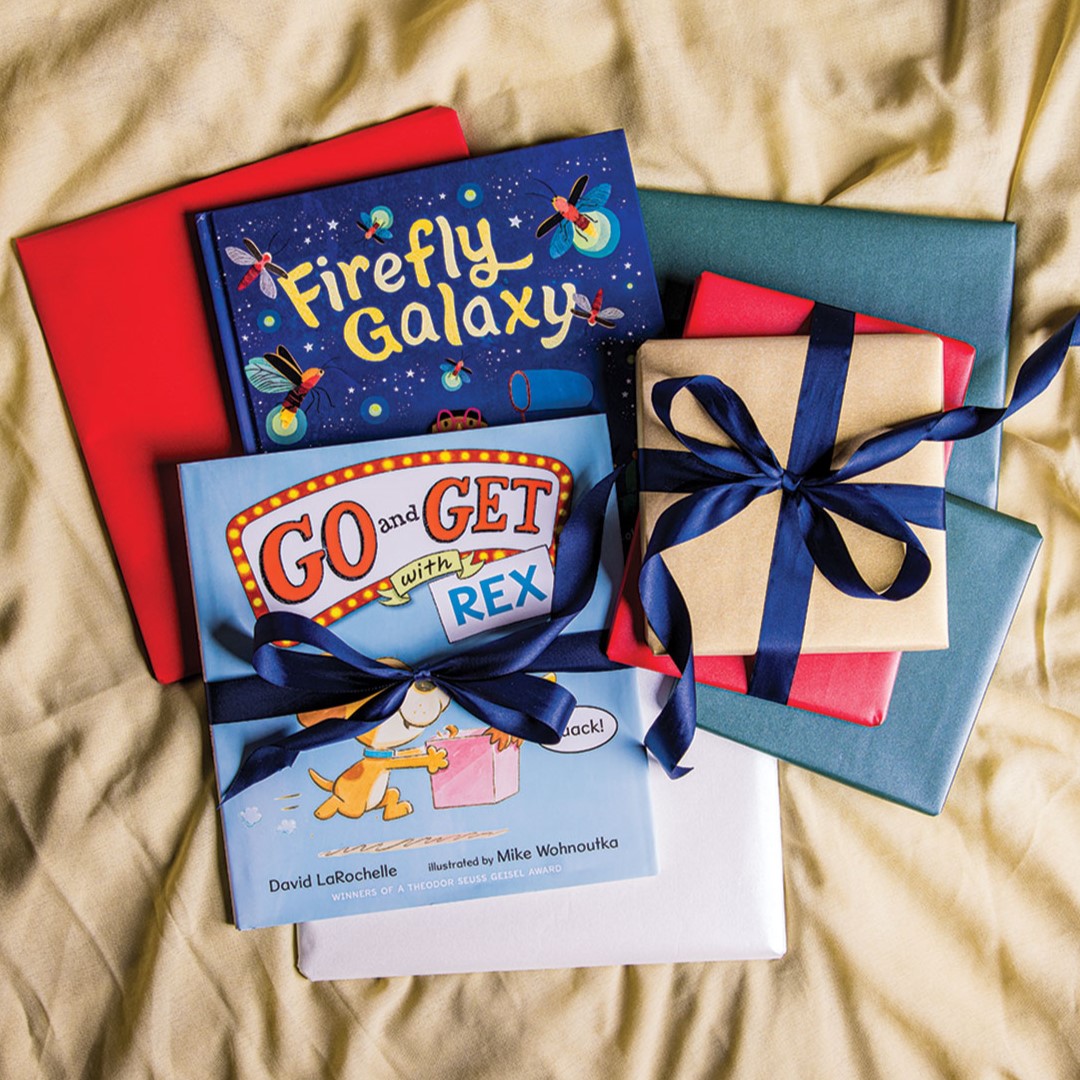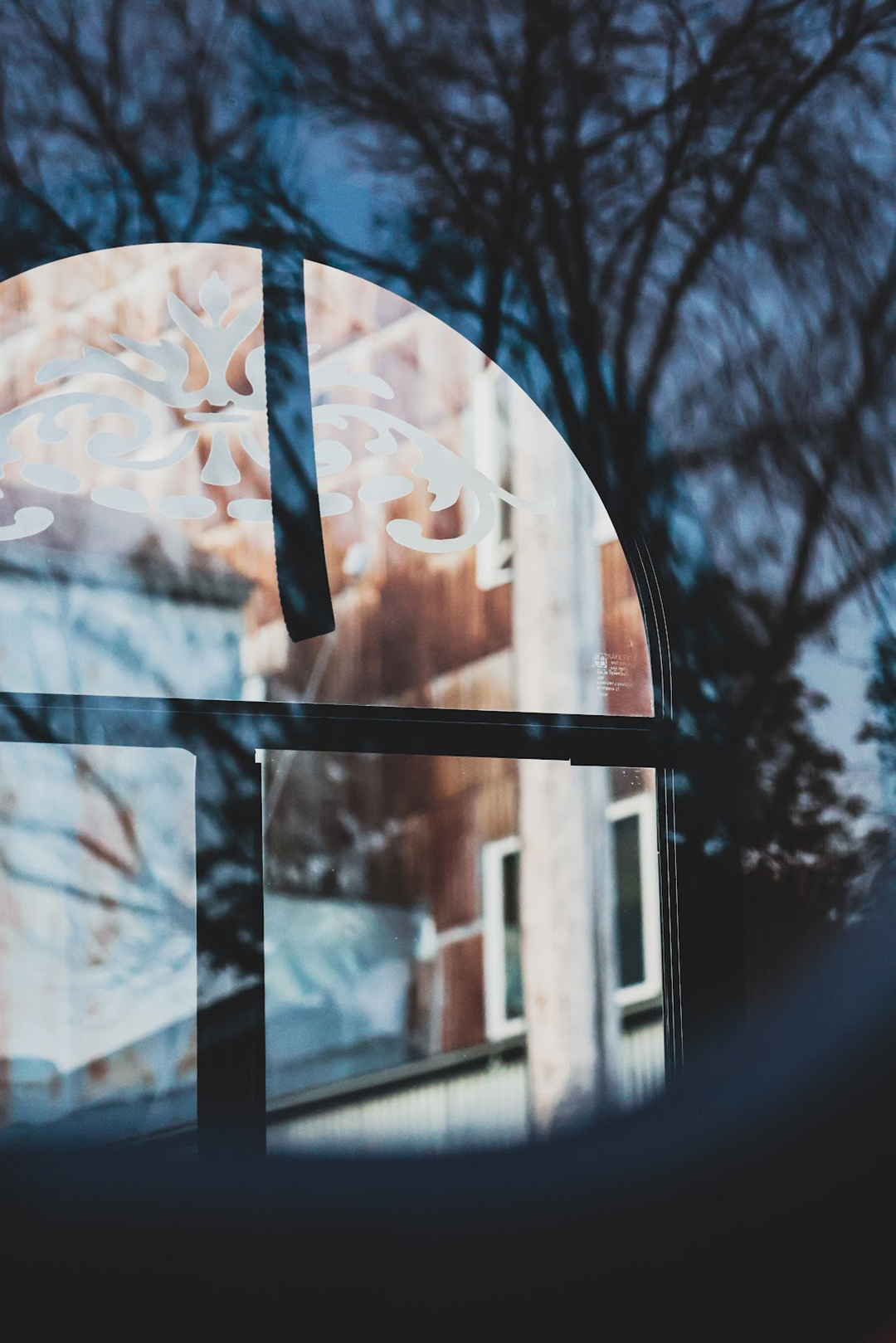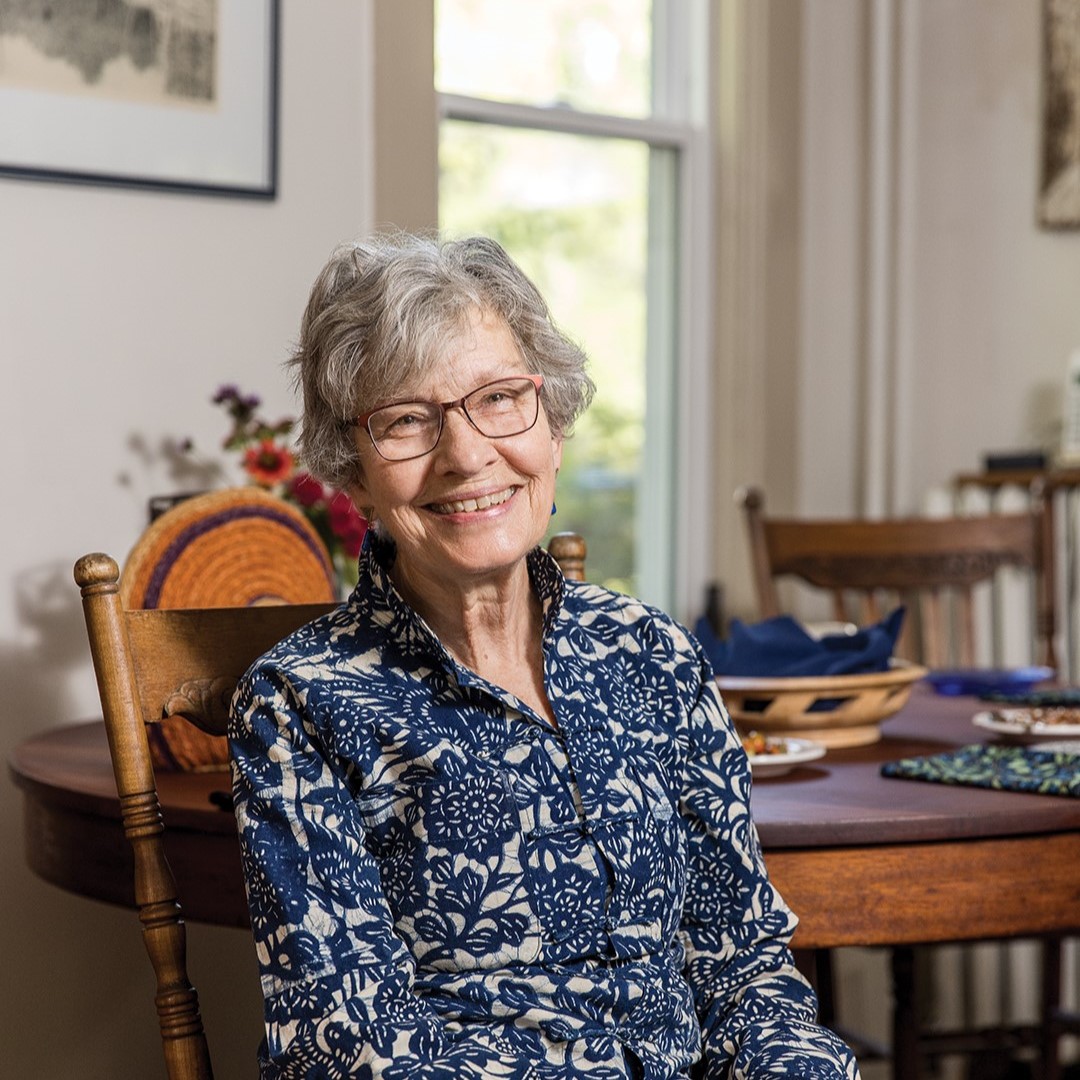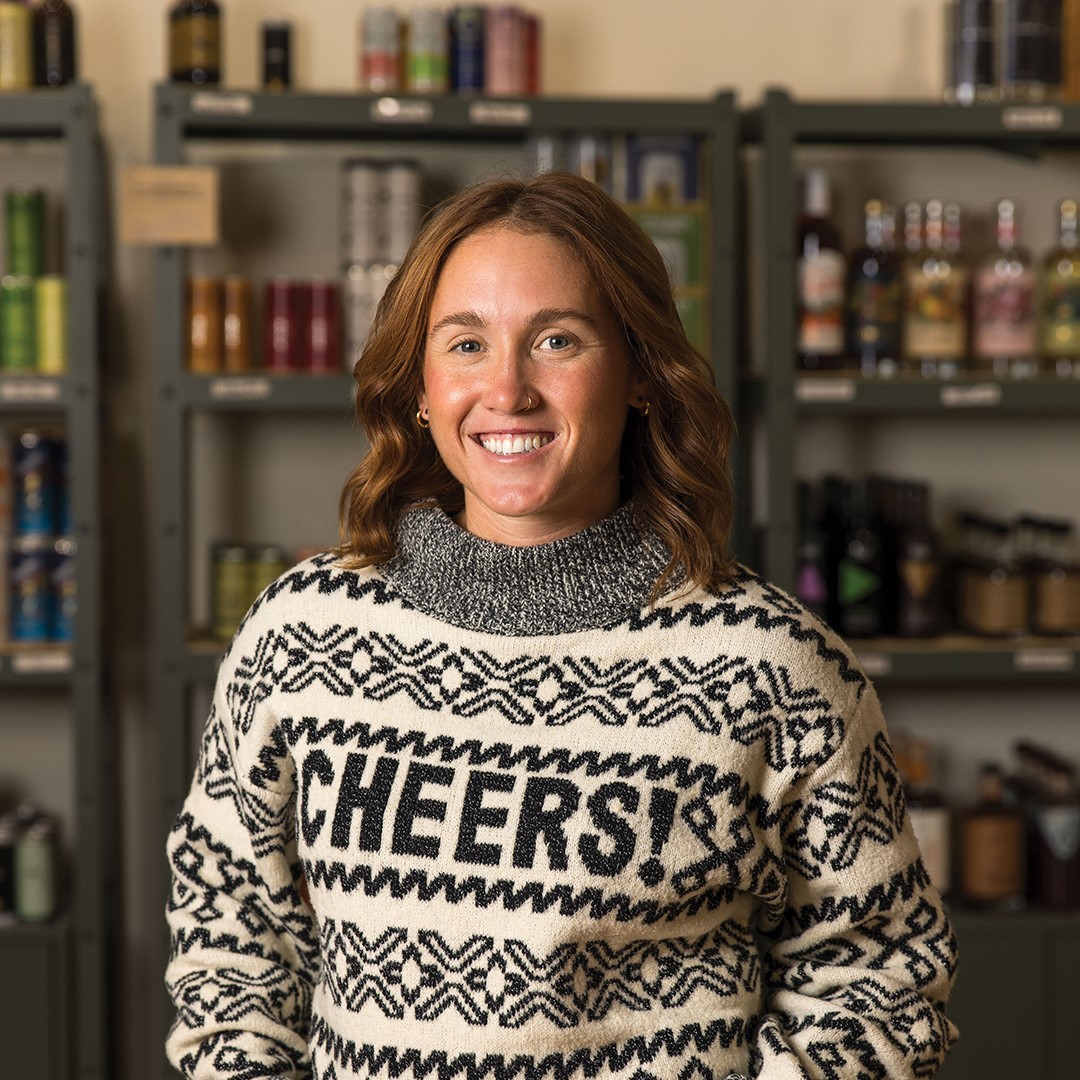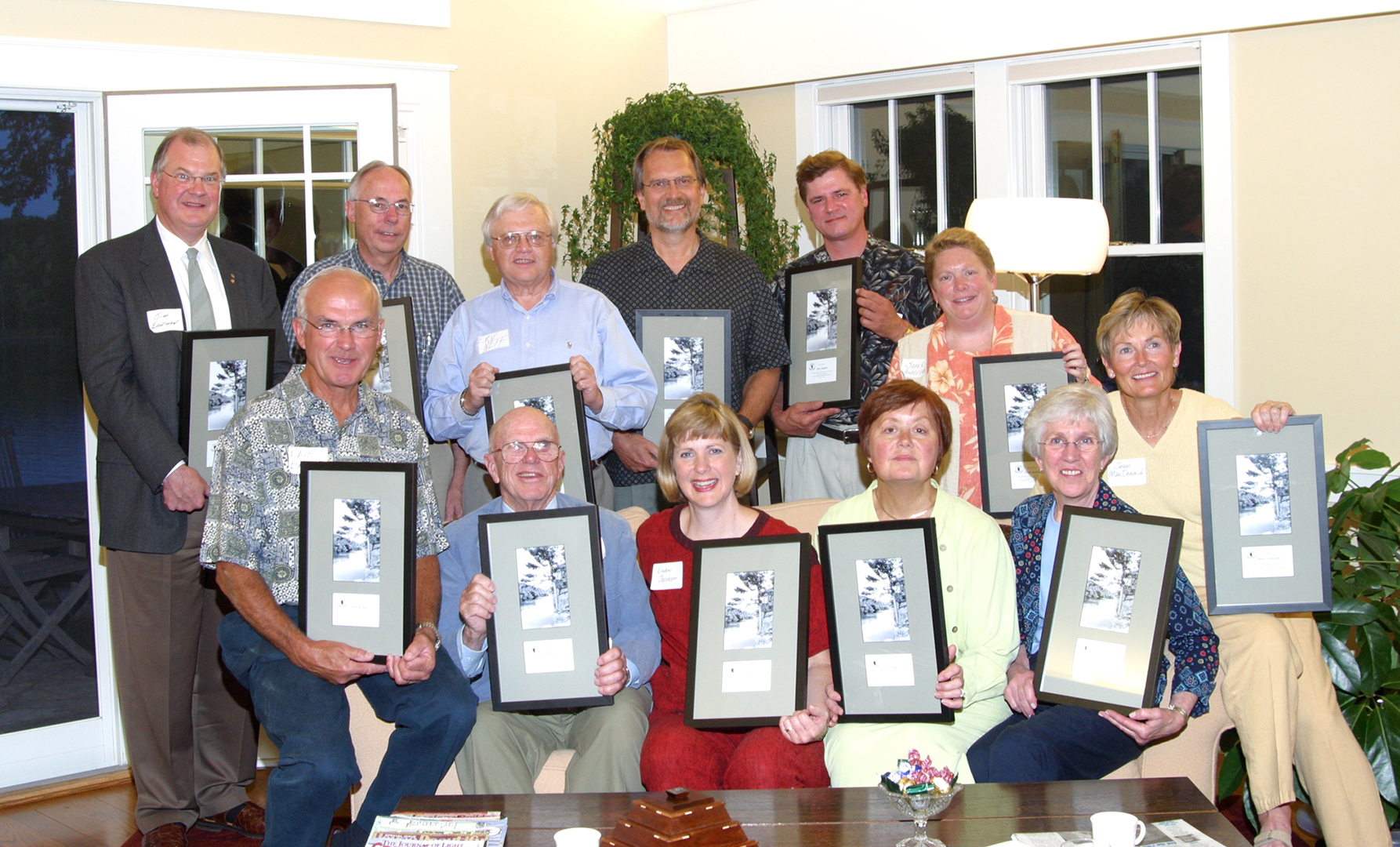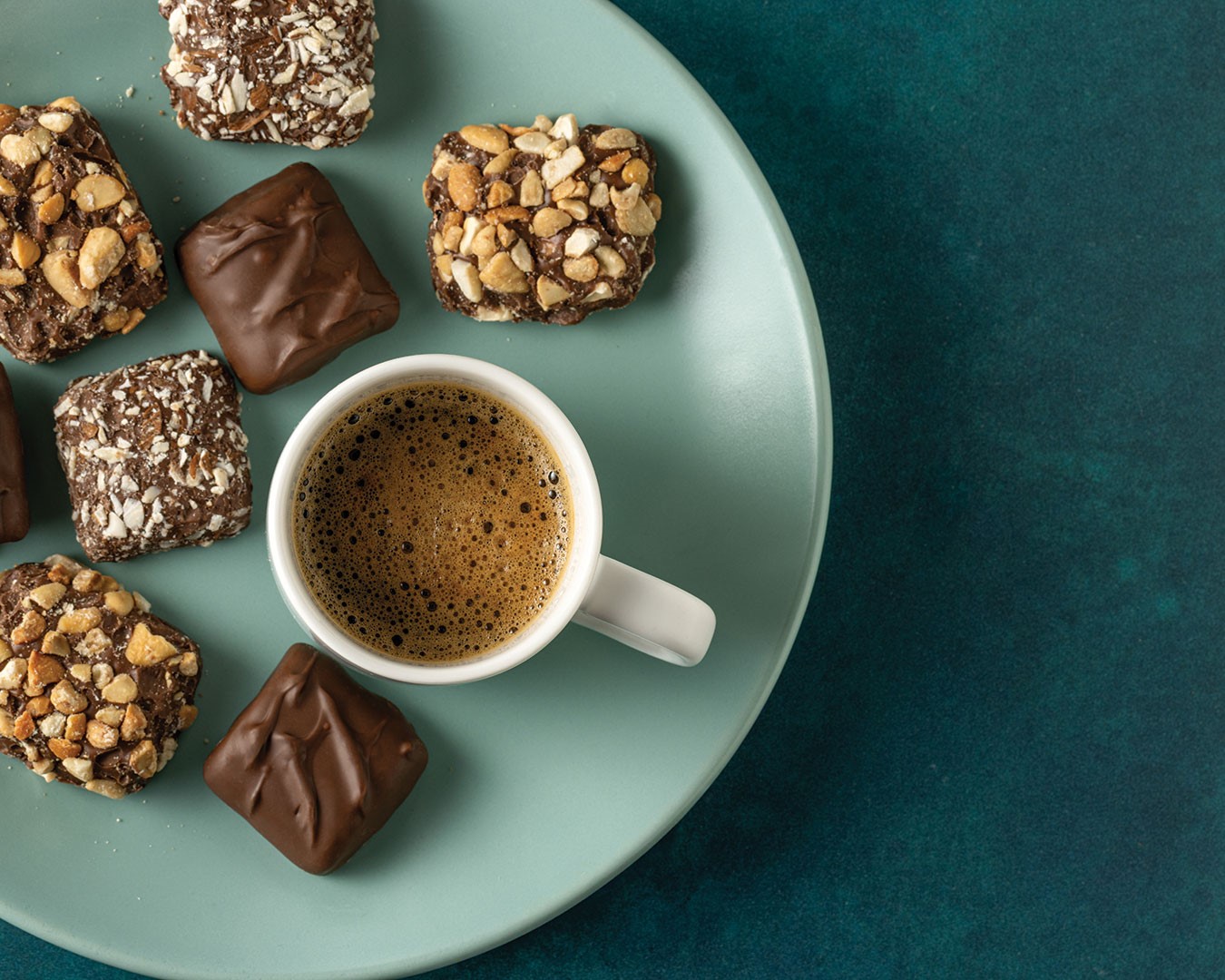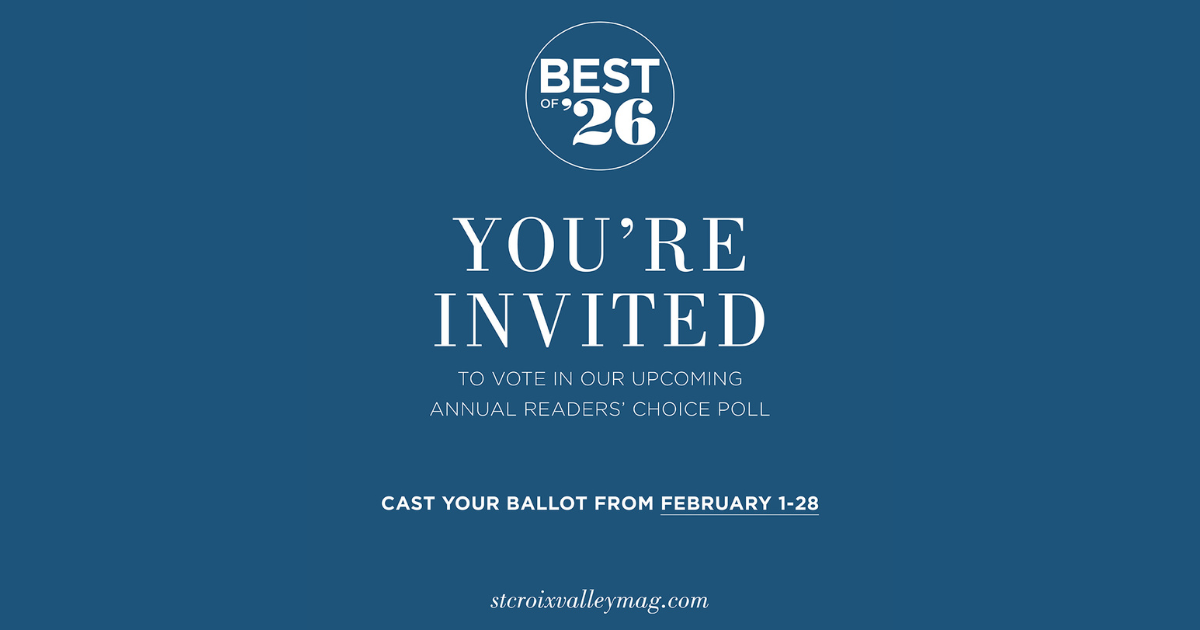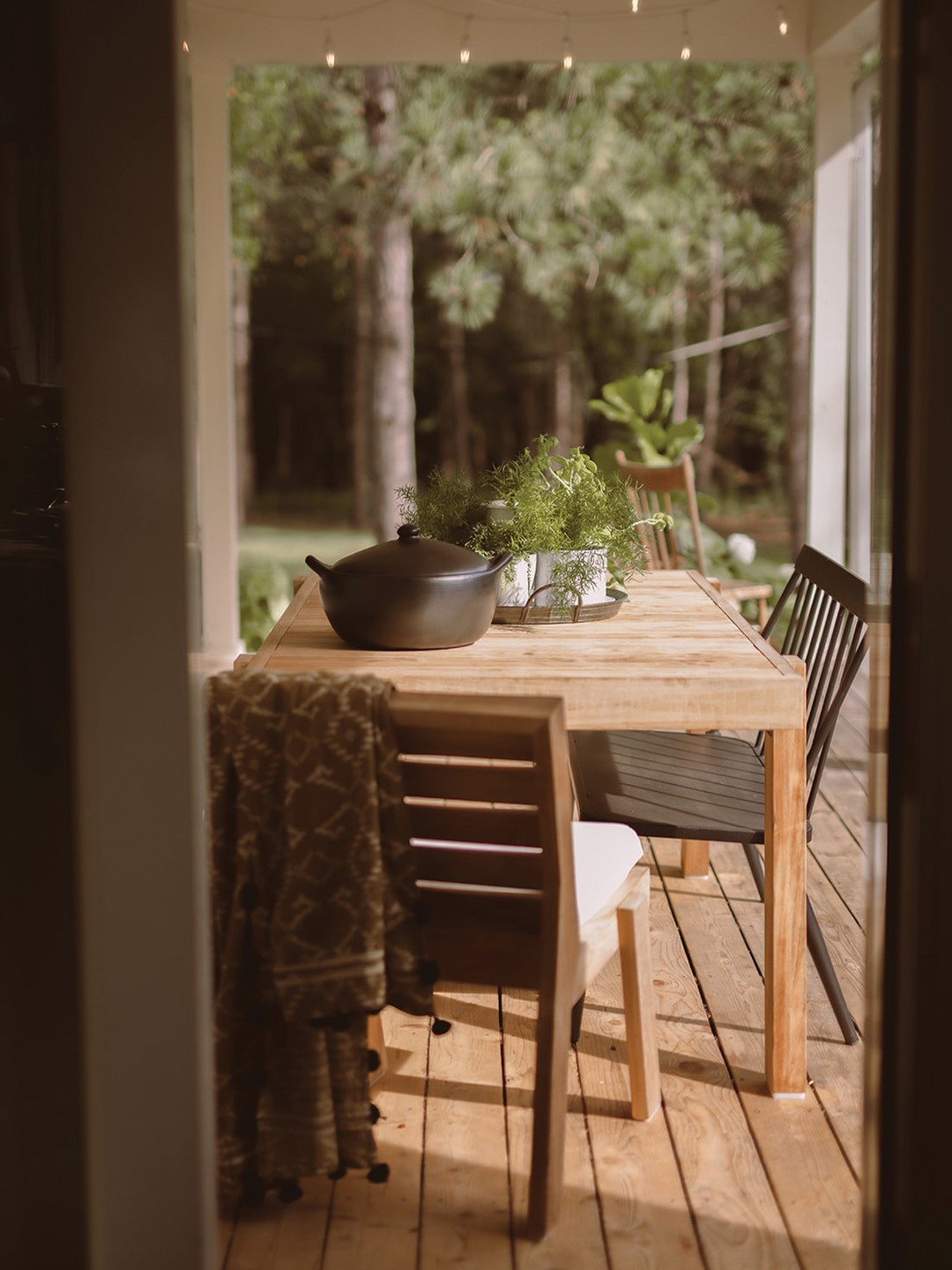
Photos: Sophia El’Rae
Spring into sustainability at home with some easy solutions.
There’s something so satisfying about a clean home—the citrus scent of a scrubbed kitchen and the crisp feel of fresh linens. But if you’ve ever looked at the label of your cleaning products and been taken aback by the sheer number of unpronounceable ingredients—you’re not alone.
In 2010, husband and wife Laura Paulisich and Behzad Afshar-Naseri cut out processed foods to treat Paulisich’s autoimmune disease. This decision snowballed, and, in 2020, they opened a storefront in Stillwater focused on natural living. At ToxyFree, the duo has created a platform where health—both of humans and the environment—is at the forefront.
“We call ourselves hybrids because we can take the technology and the really old ways and put them together to have the absolute best performance, life and joy,” Paulisich says.
We connected with Afshar-Naseri and Paulisich to learn about healthy and natural alternatives to common household products and practices.
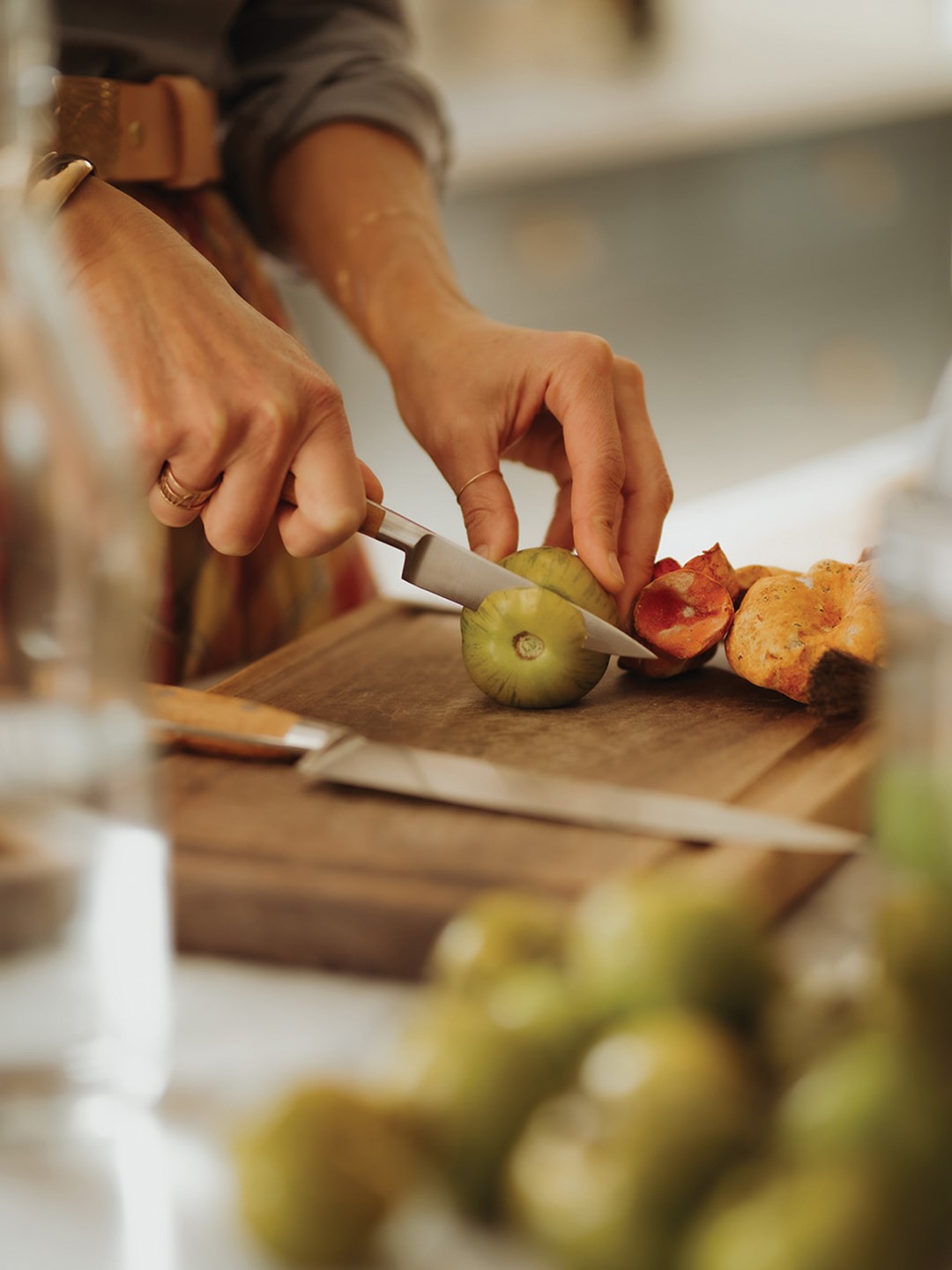
Nature’s Solutions
Did you know Pine-Sol was originally made with pine oil? Or that the lemon scent of your bathroom spray calls back to the fruit’s traditional use as a disinfectant? “It’s just a recent phenomenon of moving away from natural things to clean with, but for all of us—it’s been long enough that we can’t remember anymore,” Paulisich says.
The all-purpose cleaner Afshar-Naseri and Paulisich use for most of their household cleaning is made of just two ingredients: lemon and vinegar. “We’ve made our own lemon cleaner for 15 years, and we’re still alive and in much better health,” Paulisich says.
Another swap? Window cleaner. “The best way to clean windows is newspaper paper and water,” Afshar-Naseri says. “It’s streak-free and absolutely amazing.”
Clean Cooking
Recent legislative action in Minnesota against polyfluoroalkyl substances—forever chemicals known as PFAS—has led to new laws that will end avoidable PFAS use in Minnesota by 2032. These chemicals are commonly found in nonstick cookware. As the chemical coating breaks down (especially when exposed to high heat), the PFAS can permeate our foods, bodies and water systems—and, because the substances are forever chemicals, they never leave.
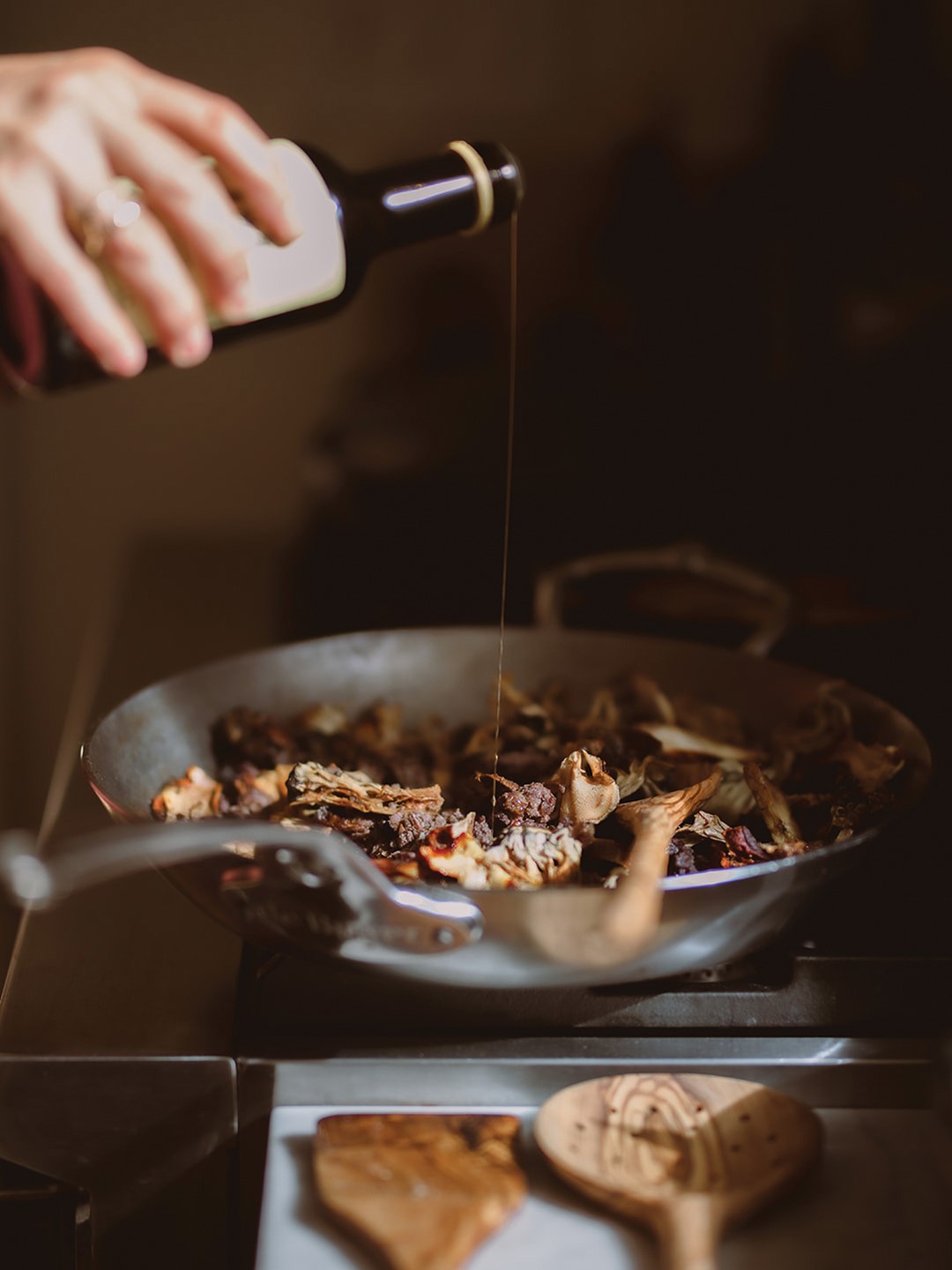
Cast iron, clay and stainless steel cookware are healthy alternatives to nonstick pans.
Cast iron and stainless steel cookware are ideal alternatives, and Afshar-Naseri and Paulisich favor clay for its nonstick quality and easy maintenance. “Our clay cookware is porous, and it adds flavor and moistness to what you’re cooking,” Paulisich says.
Replacing plastic with glass in the kitchen is another easy switch. Glass cutting boards, straws and food storage containers are just two examples. Afshar-Naseri and Paulisich use glass containers at their home for fermentation and their DIY cleaning products. “The glass jar can solve so many problems,” Paulisich says.
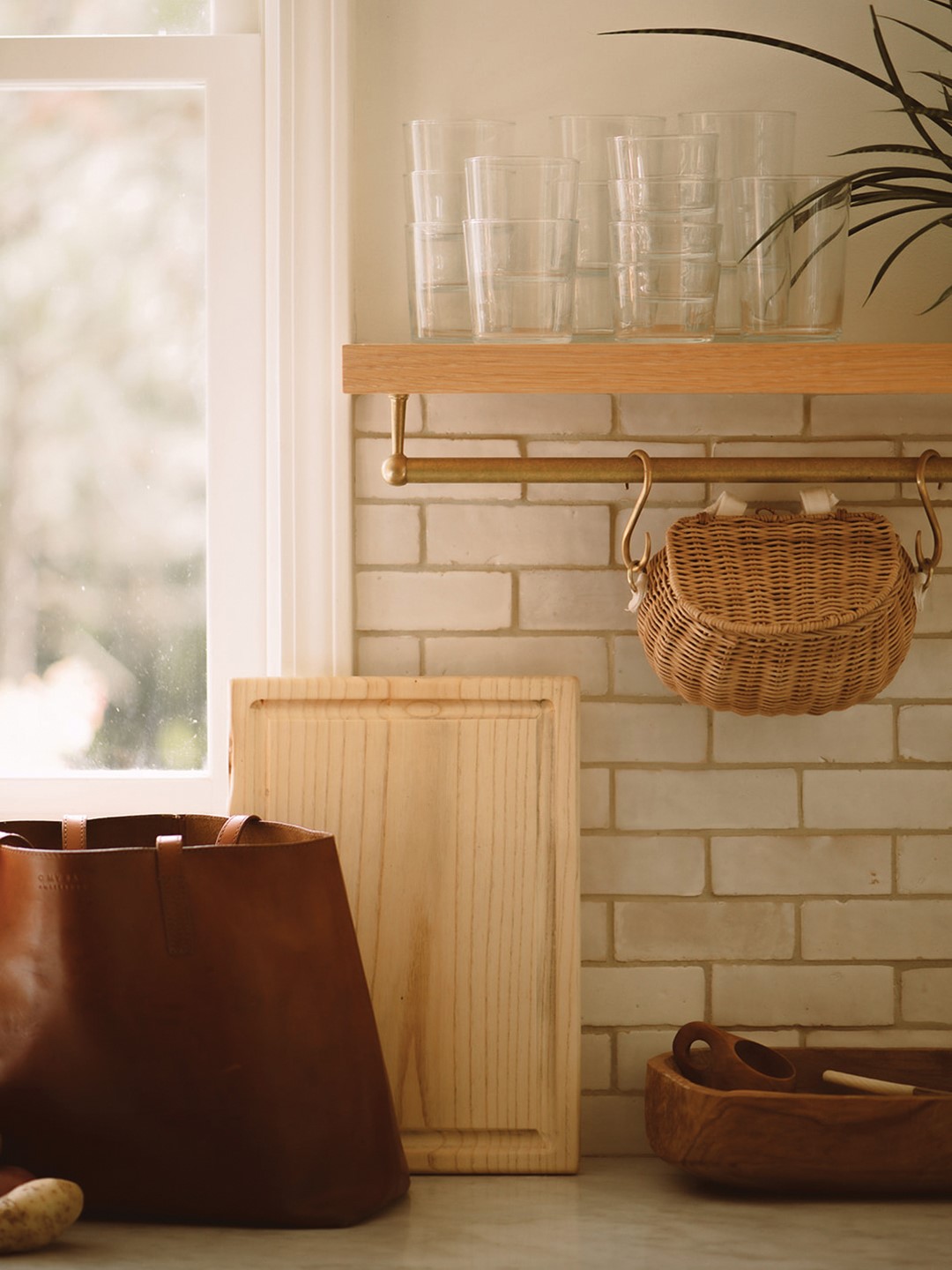
Reduce your use of plastic in the kitchen by choosing wood cutting boards and glass or ceramic storage containers and cups.
Linen Labels
According to the United Nations Environment Programme, 60 percent of material made into clothing today is plastic—this includes common fabric blends like acrylic, nylon and polyester. These materials are known to leech microplastics and toxins into waterways during washing and may impact the wearer’s health over time. Not to mention, “clothing and tires take the largest part of the pie of global plastic pollution,” Paulisich says.

Avoiding synthetics in clothing and accessories can positively impact the health of yourself and the environment.
For eco-conscious purchasers, look for organic cotton, linen and wool products. If you’re unsure where to start, consider swapping your sheets and sleepwear with natural, plant-dyed or undyed alternatives. When one-third of your life is spent sleeping, choosing quality materials can positively impact your health, Paulisich says. “Almost everything has a label,” she says, adding that the first step to any purchase should be reading that label.
ToxyFree
208 Main St. S., Stillwater; 651.214.2040
Facebook: ToxyFree
Instagram: @toxyfree
TikTok: @toxyfree
YouTube: TOXYFREE

